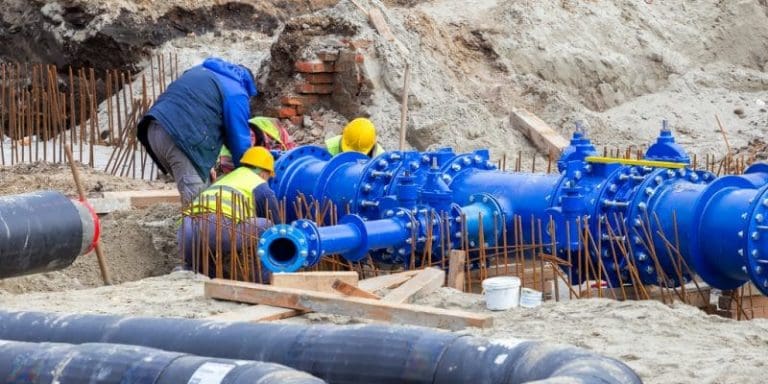During his address commemorating the 25th anniversary of his accession to the throne, King Mohammed VI urged the implementation of urgent and innovative measures to combat impending water shortages. He underscored the critical nature of Morocco’s ongoing water crisis and called for creative solutions and improved governance to tackle this pressing issue.
Addressing the urgency of the situation, King Mohammed VI stated, “The challenges facing our country require us to intensify our efforts and vigilance. One of these significant challenges is the issue of water, which is increasingly complicated by drought, climate change, and rising demand.”
Morocco, renowned for its historic water management practices, now finds itself in a precarious condition. Six consecutive years of drought have severely depleted water reserves and groundwater levels, particularly in rural regions. Acknowledging setbacks in the realization of certain water policy initiatives, the King directed both the government and local authorities to swiftly implement innovative measures to avert water shortages.
He noted a concerning decline in water availability, dropping from 2,000 cubic meters per capita in 1960 to less than 600 cubic meters today. This alarming situation necessitates that Morocco adapt its water management strategies for sustainability.
Addressing climate change impact
At the COP15 conference on desertification and drought in Abidjan in 2022, King Mohammed VI had previously highlighted the tangible effects of climate change on Morocco, stating, “Climate change is not a theoretical issue or a subject of rhetorical debate,” referring to the increasing frequency and severity of droughts.
In his recent speech, the King underlined the significance of the National Drinking Water Supply and Irrigation Program 2020-2027, which has been instrumental in alleviating some water-related challenges. He called for the continual updating of the national water policy to guarantee access to drinking water for all citizens and ensure that irrigation demands are met at 80%.
The agricultural sector, which consumes 87% of Morocco’s water resources, presents a significant challenge. The King noted that despite prevailing inefficient water practices and irrigation methods, the sector’s economic performance remains subpar. He urged the swift execution of substantial water transfer projects between hydraulic basins and the establishment of seawater desalination plants.
“As part of our proactive and ambitious strategic vision, we call for the expedited implementation of significant water transfer projects,” announced the King. These initiatives aim at interconnecting various basins and reclaiming previously lost water to achieve a more balanced national water distribution. The King also emphasized the urgent need to speed up the construction of seawater desalination facilities to mobilize over 1.7 billion cubic meters of water annually by 2030.
Seawater desalination initiatives
Highlighting the Casablanca desalination plant, noted as the largest in Africa and the second-largest globally powered entirely by clean energy, the King stressed the necessity of renewable energy initiatives to bolster desalination efforts.
He called for the establishment of a national desalination industry, the development of specialized training programs, and the creation of domestic companies tasked with building and maintaining desalination plants. “No negligence, no delay, and no mismanagement will be tolerated concerning an issue as vital as water,” the King declared, emphasizing the urgency of tackling water scarcity for the future of Morocco. He stressed the importance of responsible and diligent management of water resources to secure a sustainable future for the country.
MN/sf/ac/lb/abj/APA


